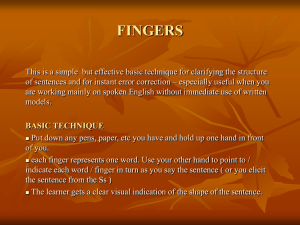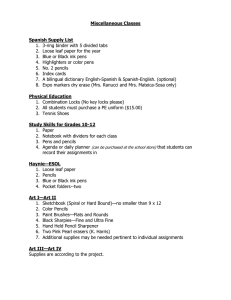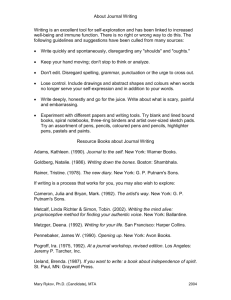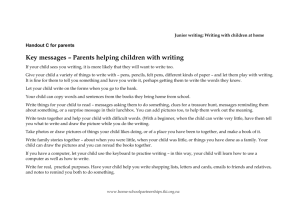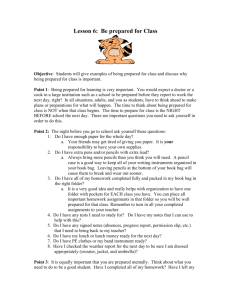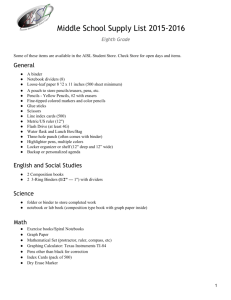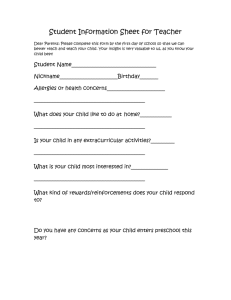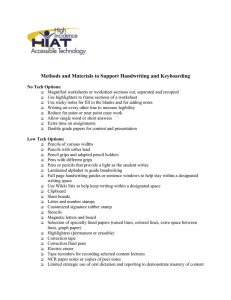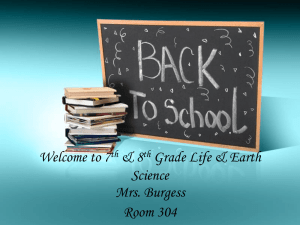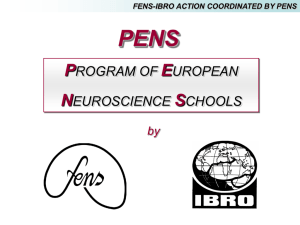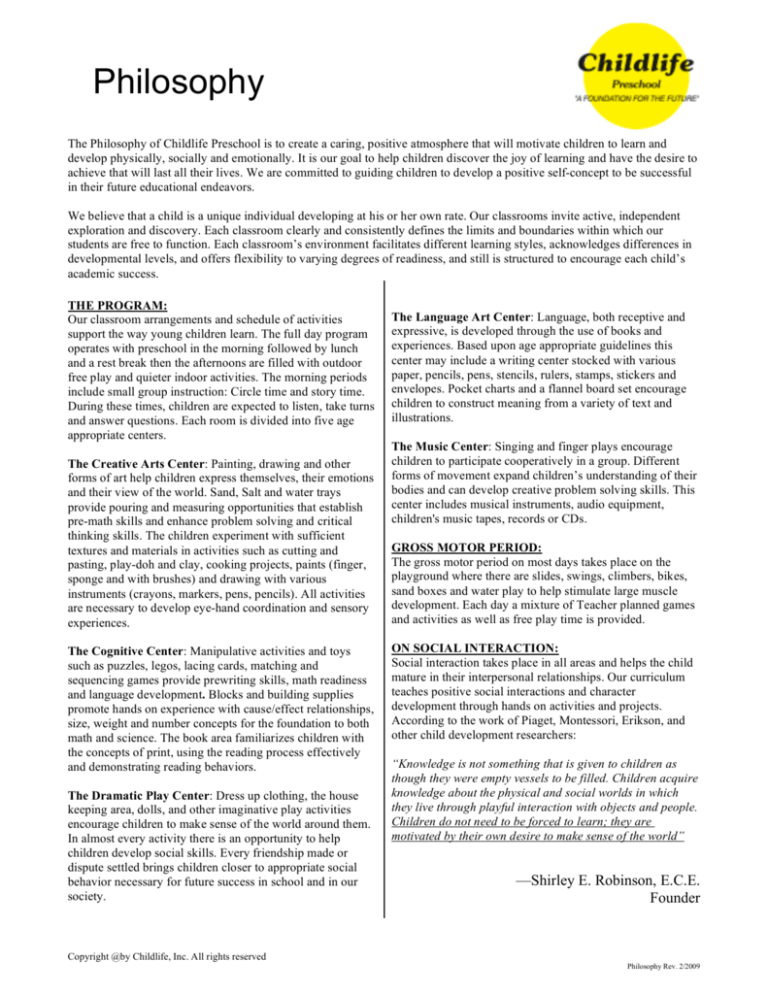
Philosophy
The Philosophy of Childlife Preschool is to create a caring, positive atmosphere that will motivate children to learn and
develop physically, socially and emotionally. It is our goal to help children discover the joy of learning and have the desire to
achieve that will last all their lives. We are committed to guiding children to develop a positive self-concept to be successful
in their future educational endeavors.
We believe that a child is a unique individual developing at his or her own rate. Our classrooms invite active, independent
exploration and discovery. Each classroom clearly and consistently defines the limits and boundaries within which our
students are free to function. Each classroom’s environment facilitates different learning styles, acknowledges differences in
developmental levels, and offers flexibility to varying degrees of readiness, and still is structured to encourage each child’s
academic success.
THE PROGRAM:
Our classroom arrangements and schedule of activities
support the way young children learn. The full day program
operates with preschool in the morning followed by lunch
and a rest break then the afternoons are filled with outdoor
free play and quieter indoor activities. The morning periods
include small group instruction: Circle time and story time.
During these times, children are expected to listen, take turns
and answer questions. Each room is divided into five age
appropriate centers.
The Creative Arts Center: Painting, drawing and other
forms of art help children express themselves, their emotions
and their view of the world. Sand, Salt and water trays
provide pouring and measuring opportunities that establish
pre-math skills and enhance problem solving and critical
thinking skills. The children experiment with sufficient
textures and materials in activities such as cutting and
pasting, play-doh and clay, cooking projects, paints (finger,
sponge and with brushes) and drawing with various
instruments (crayons, markers, pens, pencils). All activities
are necessary to develop eye-hand coordination and sensory
experiences.
The Cognitive Center: Manipulative activities and toys
such as puzzles, legos, lacing cards, matching and
sequencing games provide prewriting skills, math readiness
and language development. Blocks and building supplies
promote hands on experience with cause/effect relationships,
size, weight and number concepts for the foundation to both
math and science. The book area familiarizes children with
the concepts of print, using the reading process effectively
and demonstrating reading behaviors.
The Dramatic Play Center: Dress up clothing, the house
keeping area, dolls, and other imaginative play activities
encourage children to make sense of the world around them.
In almost every activity there is an opportunity to help
children develop social skills. Every friendship made or
dispute settled brings children closer to appropriate social
behavior necessary for future success in school and in our
society.
The Language Art Center: Language, both receptive and
expressive, is developed through the use of books and
experiences. Based upon age appropriate guidelines this
center may include a writing center stocked with various
paper, pencils, pens, stencils, rulers, stamps, stickers and
envelopes. Pocket charts and a flannel board set encourage
children to construct meaning from a variety of text and
illustrations.
The Music Center: Singing and finger plays encourage
children to participate cooperatively in a group. Different
forms of movement expand children’s understanding of their
bodies and can develop creative problem solving skills. This
center includes musical instruments, audio equipment,
children's music tapes, records or CDs.
GROSS MOTOR PERIOD:
The gross motor period on most days takes place on the
playground where there are slides, swings, climbers, bikes,
sand boxes and water play to help stimulate large muscle
development. Each day a mixture of Teacher planned games
and activities as well as free play time is provided.
ON SOCIAL INTERACTION:
Social interaction takes place in all areas and helps the child
mature in their interpersonal relationships. Our curriculum
teaches positive social interactions and character
development through hands on activities and projects.
According to the work of Piaget, Montessori, Erikson, and
other child development researchers:
“Knowledge is not something that is given to children as
though they were empty vessels to be filled. Children acquire
knowledge about the physical and social worlds in which
they live through playful interaction with objects and people.
Children do not need to be forced to learn; they are
motivated by their own desire to make sense of the world”
—Shirley E. Robinson, E.C.E.
Founder
Copyright @by Childlife, Inc. All rights reserved
Philosophy Rev. 2/2009

